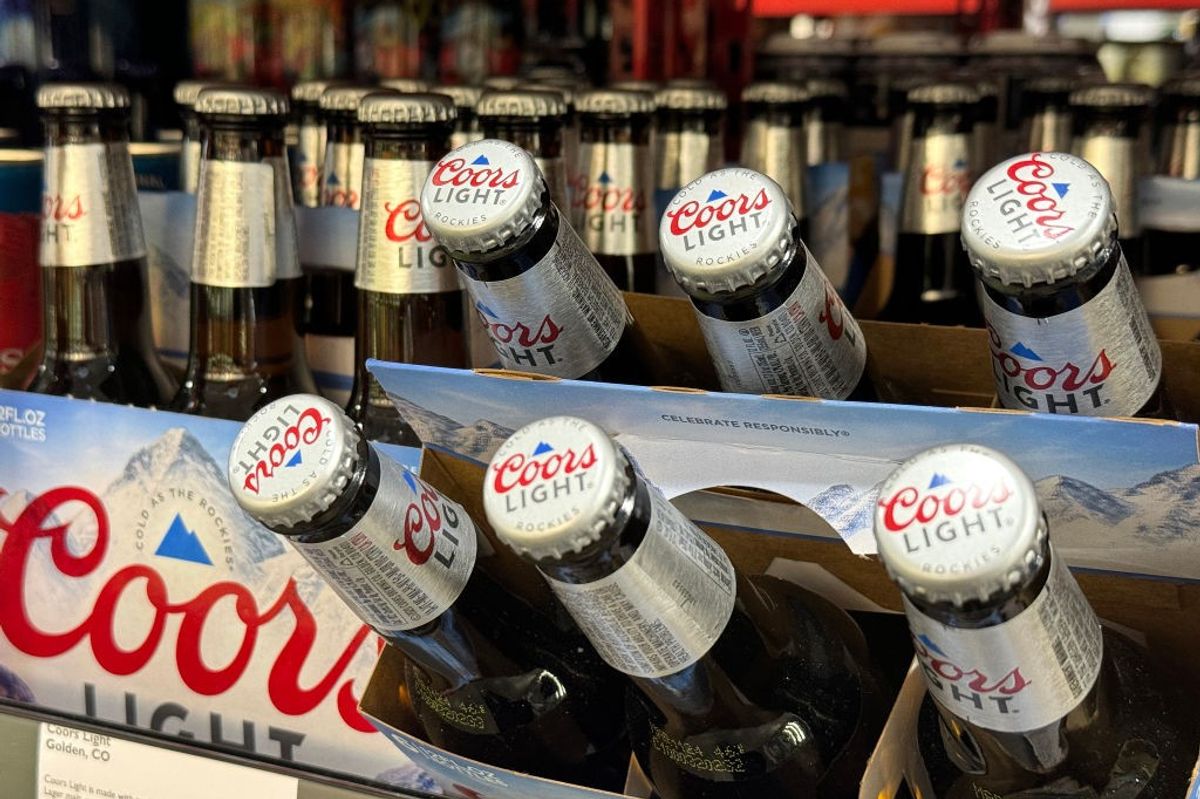Molson Coors Q2 Financial Highlights:
- Net sales fell 1.6 per cent as macroeconomic pressure and US volume losses weighed on results
- Underlying income before taxes down 0.8 per cent; FY guidance revised to reflect deeper expected decline
- Tariff costs and inflationary pressures cited as key challenges alongside a softening beer market
Molson Coors Beverage Company has reported a 1.6 per cent decline in second-quarter net sales as it warned of continued headwinds from weakening industry demand, volume losses in the US, and indirect tariff costs.
The global brewer has revised its full-year guidance downwards, citing a tougher macroeconomic climate and higher aluminium pricing driven by Midwest Premium tariffs.
CEO Gavin Hattersley described the softness as cyclical but acknowledged the impact of “volume deleverage” in the US and ongoing fallout from the discontinuation of contract brewing agreements in the Americas.
While underlying diluted earnings per share rose 6.8 per cent to $2.05, the company now expects full-year underlying income before taxes to fall by up to 15 per cent – a steeper decline than previously forecast.
Despite the downward revision, Molson Coors reaffirmed its full-year free cash flow target of $1.3 billion (£970 million) and pointed to price/mix improvements, strong performance in brands like Madri and Peroni, and a robust balance sheet as positive offsets.
“While navigating these macroeconomic pressures, we have continued to execute our Acceleration Plan and prudently invest behind our business and our brands to support long-term profitable growth,” Hattersley said.
“Collectively, we have held most of the share gains over the last three years for our core US power brands – Coors Light, Miller Lite, and Coors Banquet. We remain committed to our premiumisation plans: in EMEA&APAC behind the strength of Madri, in Canada with continued growth in Miller Lite and our flavor portfolio, and in the US with Peroni and our partnership with Fever-Tree as well as continued focus against Blue Moon.”
Tariffs raise industry alarm
Molson Coors’ results come amid broader concerns across the alcohol industry. On 5 August, a coalition of 57 wine and spirits groups – including global players like Diageo and Pernod Ricard – sent a letter to U.S. President Donald Trump urging him to reconsider a 15 per cent tariff on EU goods.
The Toasts Not Tariffs Coalition warned that the levy could wipe nearly $2 billion off industry sales and endanger 25,000 US jobs just ahead of the crucial holiday season. They argued the tariffs would drive up prices, hurt American hospitality venues, and compound challenges already straining the sector, including shifting consumer preferences and rising costs.
The coalition, which is formed of trade associations mostly from the wine and spirits supply chain, called for a better deal ensuring "fair and reciprocal trade" for those industries.
“As we approach the critical holiday season, a period that is essential to the success of our industries, we implore you to secure this important deal for the U.S. as soon as possible,” the letter read, adding it would represent a win for American workers, businesses and consumers.
Washington and Brussels agreed last month to a 15 per cent import tariff on most European Union goods after talks that halved the threatened rate and averted a bigger trade war.
The negotiations did not result in the exemption for wine and spirits that the industries had pressed for.
The US is by far the largest market for many European wine and spirit makers, while Europe is a major export destination for US spirits like bourbon.
The EU has included some US alcohol on a list of possible targets for retaliation, though this week it suspended any response for six months.


